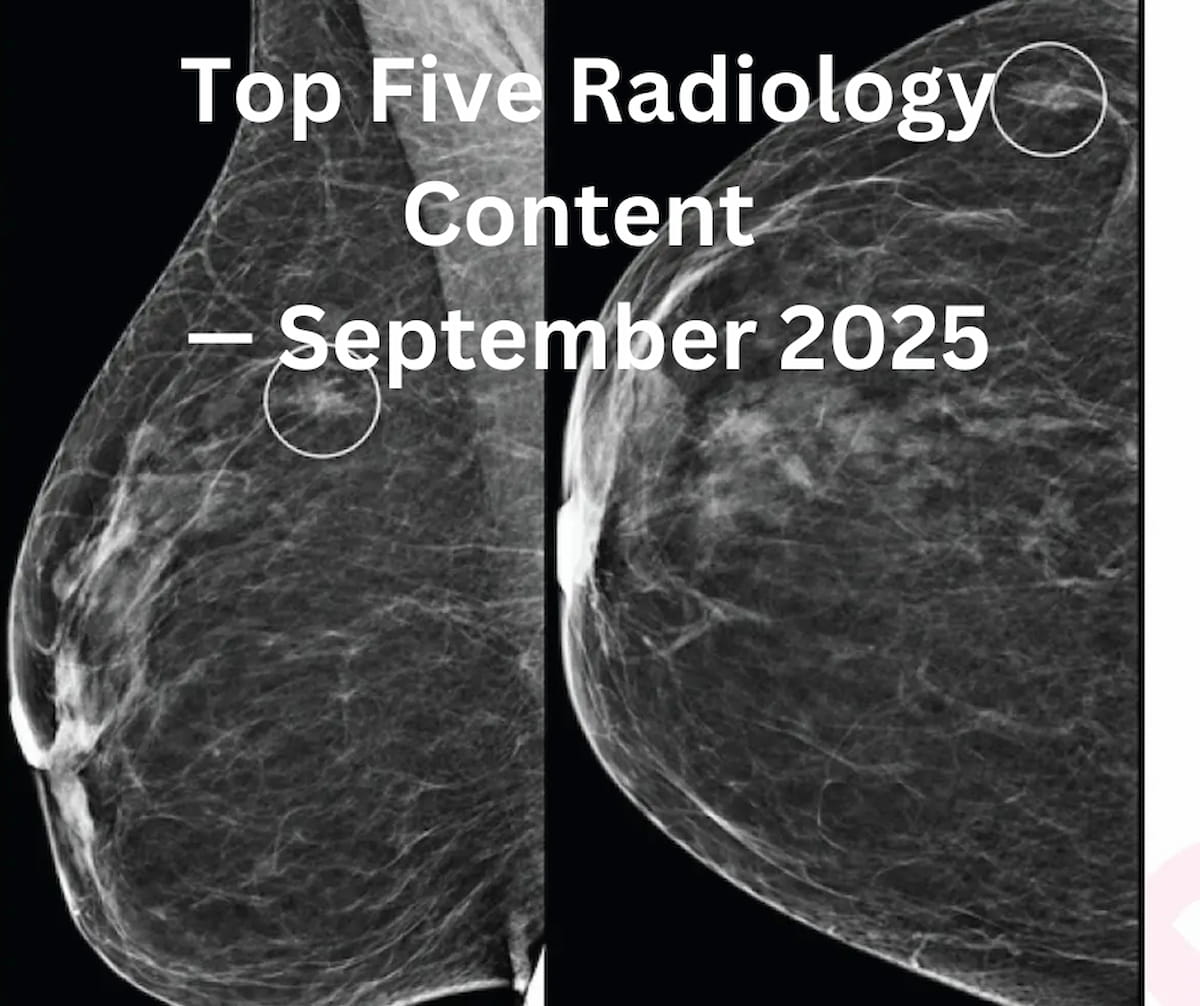
Molecular Imaging
Latest News
Latest Videos

CME Content
More News
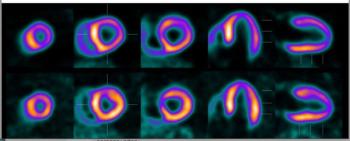
Issued by multiple societies, including the Society of Nuclear Medicine and Molecular Imaging (SNMMI), the new guidelines for utilizing 18F-flurpiridaz-PET myocardial perfusion imaging (MPI) offer insights on proper patient selection, appropriate protocols and salient keys for image interpretation.

Preliminary research findings have shown that the investigational anti-microtubule binding region (MTBR) tau antibody etalanetug may help reduce a biomarker for brain tau pathophysiology and tau signals on positron emission tomography (PET).

Catch up on the top radiology content of the past week.

The latest edition of the Hermia software reportedly facilitates standard evaluation of amyloid PET quantification across a variety of tracers and protocols.
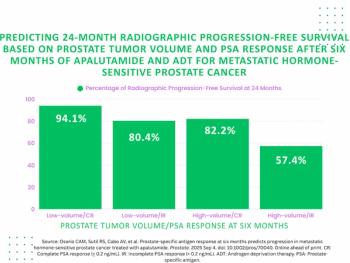
New research shows that over 94 percent of patients who had a PSA level of < 0.2 ng/mL and low-volume disease assessment six months after initiation of apalutamide and androgen deprivation therapy (ADT) for metastatic hormone-sensitive prostate cancer had radiographic progression-free survival at 24 months.
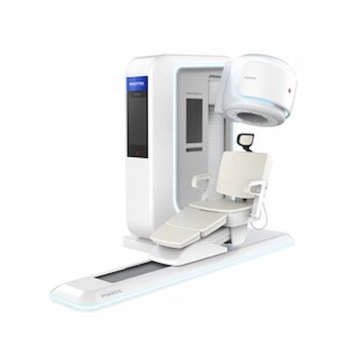
Featuring advanced detector technology, the Pharos PET scanner reportedly enhances detection of subtle anomalies across brain, breast and extremity imaging.
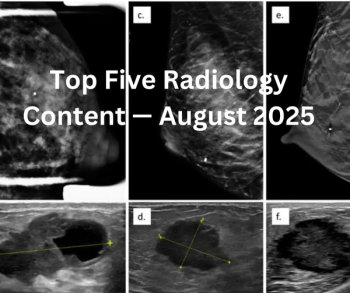
Catch up on the most-well viewed radiology content in August 2025.
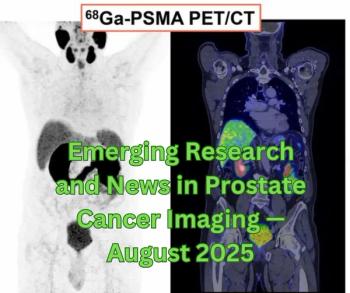
Catch up on the most-well viewed prostate imaging content in August 2025.

Catch up on the latest news, research and insights in radiology with our Weekly Scan.

Catch up on the top radiology content of the past week.

In the second of a two-part podcast episode, Jeremie Calais, M.D., and Robert Flavell, M.D., discuss current and emerging alpha-emitting therapies, possible roles for artificial intelligence (AI), and what the future may hold for theranostic applications in patients with prostate cancer.
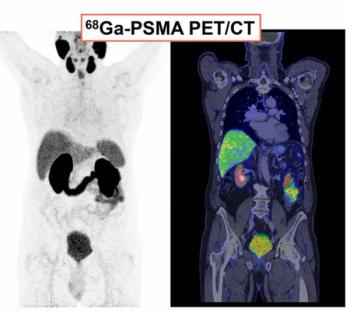
PSMA PET/CT Facilitates Better Long-Term Survival Rates After Salvage Radiotherapy for Recurrent PCa
Patient with biochemical recurrence of prostate cancer who had PSMA PET/CT prior to salvage radiotherapy had better survival rates at one, two and five years, according to newly published research.
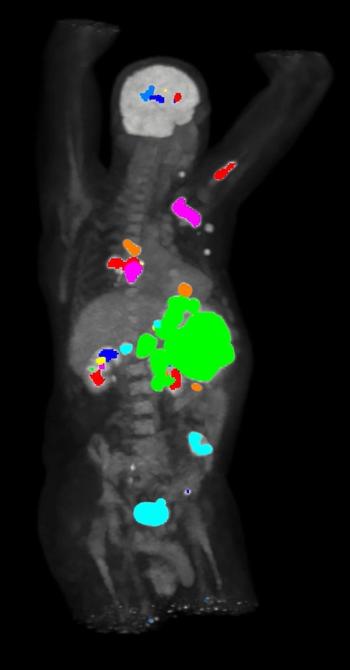
The iPETcertum software reportedly provides automated segmentation and enhanced visualization of regions of interest on PET scans with a single click.

Catch up on the top radiology content of the past week.
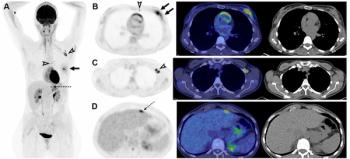
In comparison to computed tomography and bone scintigraphy, FDG PET/CT detected more oligometastatic and polymetastatic disease in patients with locally advanced breast cancer, according to a new study.

In the first of a two-part podcast episode, Jeremie Calais, M.D., and Robert Flavell, M.D., discuss recent advances with PSMA-targeted radiotracers in the treatment of metastatic castration-resistant prostate cancer (mCRPC), and the role of imaging criteria in monitoring patients treated with PSMA-targeted radionuclide therapy.

In addition to facilitating centralized scanning for a variety of imaging, the TechLive system may help ease the strain of technologist shortages and broaden access to advanced imaging exams.
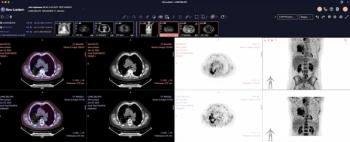
Combining sub-second load times and AI-automated features, the PET/CT Viewer Mode and Mammography Viewer Mode may help address bottlenecks in nuclear medicine imaging and mammography workflows.

Catch up on the top radiology content of the past week.

An analysis of over 749,000 Medicare beneficiaries diagnosed with prostate cancer over a five-year period found that Black men were 13 percent less likely to receive PET imaging and 16 percent less likely to receive MRI in comparison to White men.
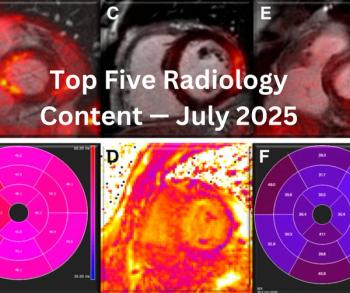
Catch up on the most-well viewed radiology content in July 2025.

In a recent interview, Matt Covington, M.D., discussed challenges with the development of radioligand therapies for breast cancer and the potential of emerging radioligand agents to augment current treatment options in this patient population.

Catch up on the top radiology content of the past week.
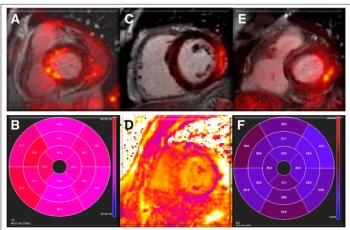
Study Reveals Significant Prevalence of Abnormal PET/MRI and Dual-Energy CT Findings with Long Covid
In a prospective study involving nearly 100 patients with Long Covid, 57 percent of patients had PET/MRI abnormalities and 90 percent of the cohort had abnormalities on dual-energy CT scans.

Stay updated with the latest in radiology, including PET, MRI, and AI research, plus essential insights on mammography and cardiac imaging.

